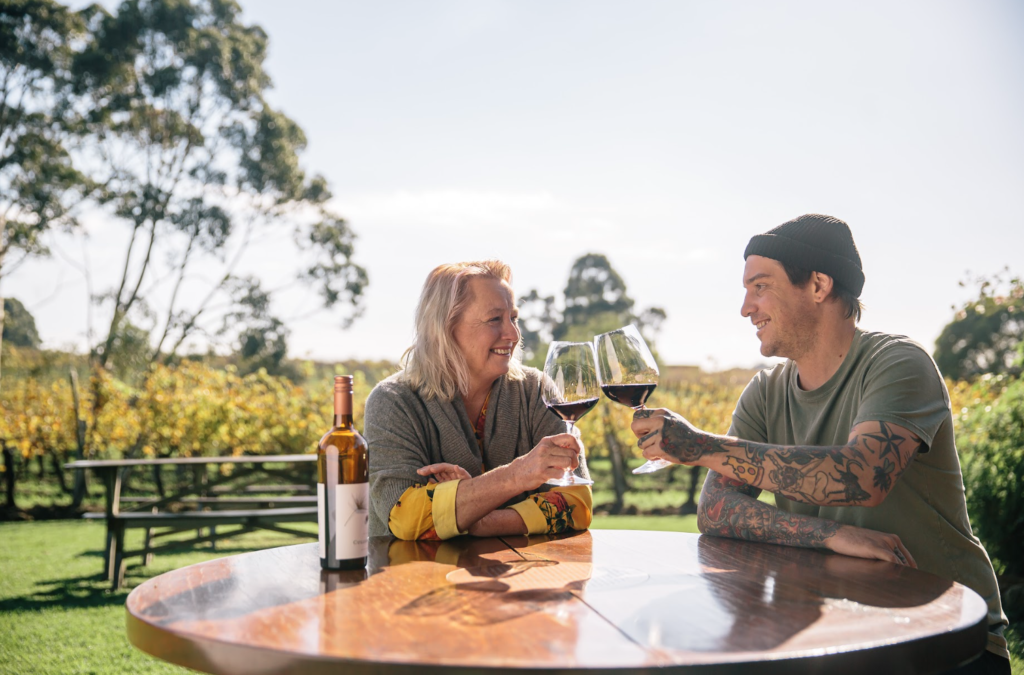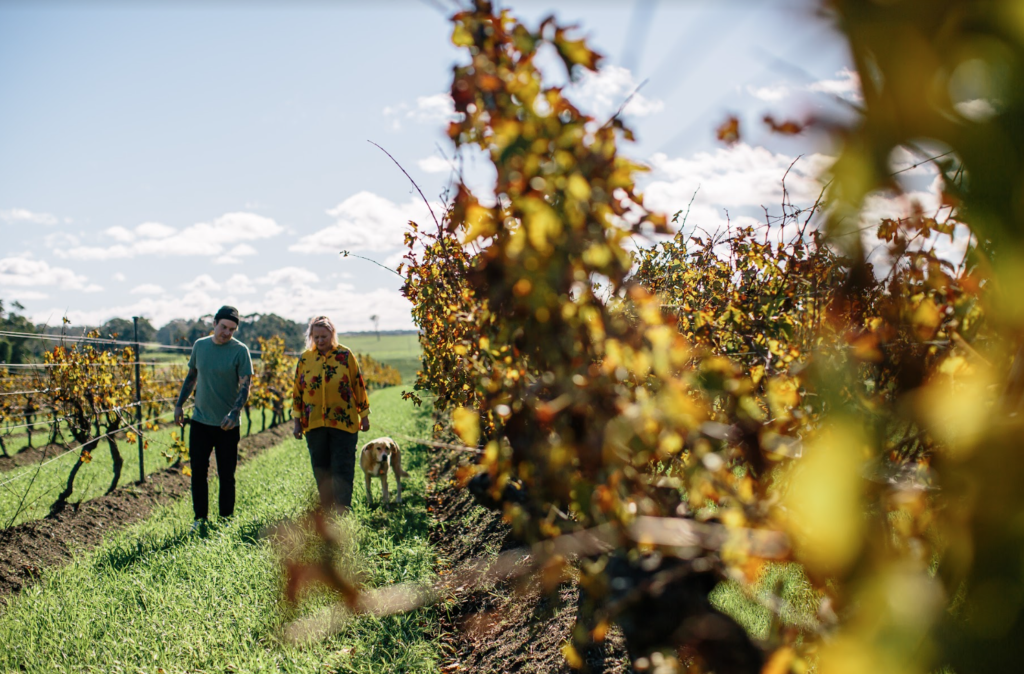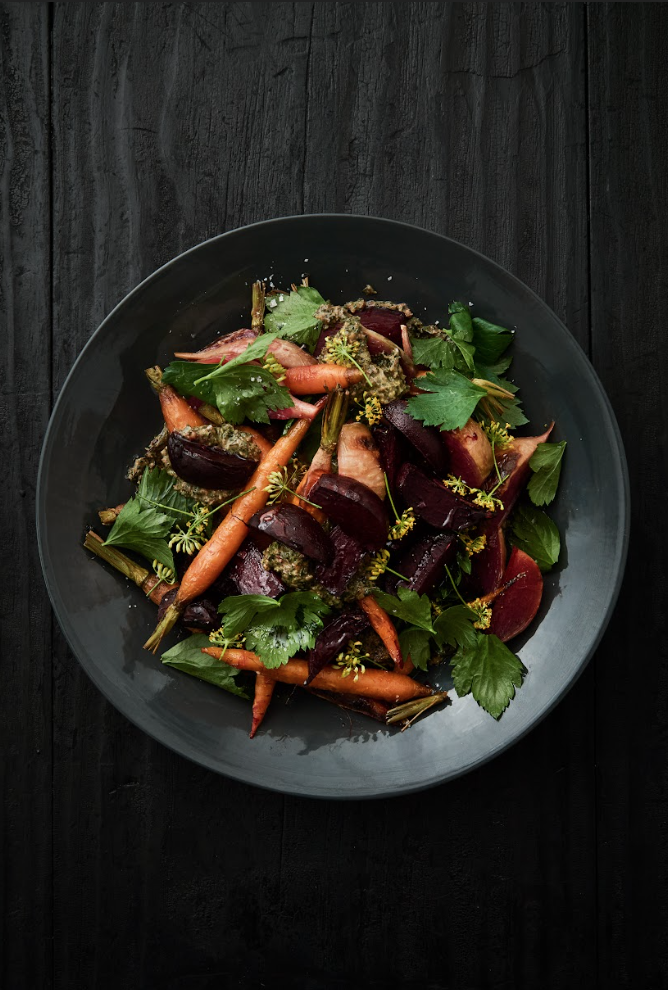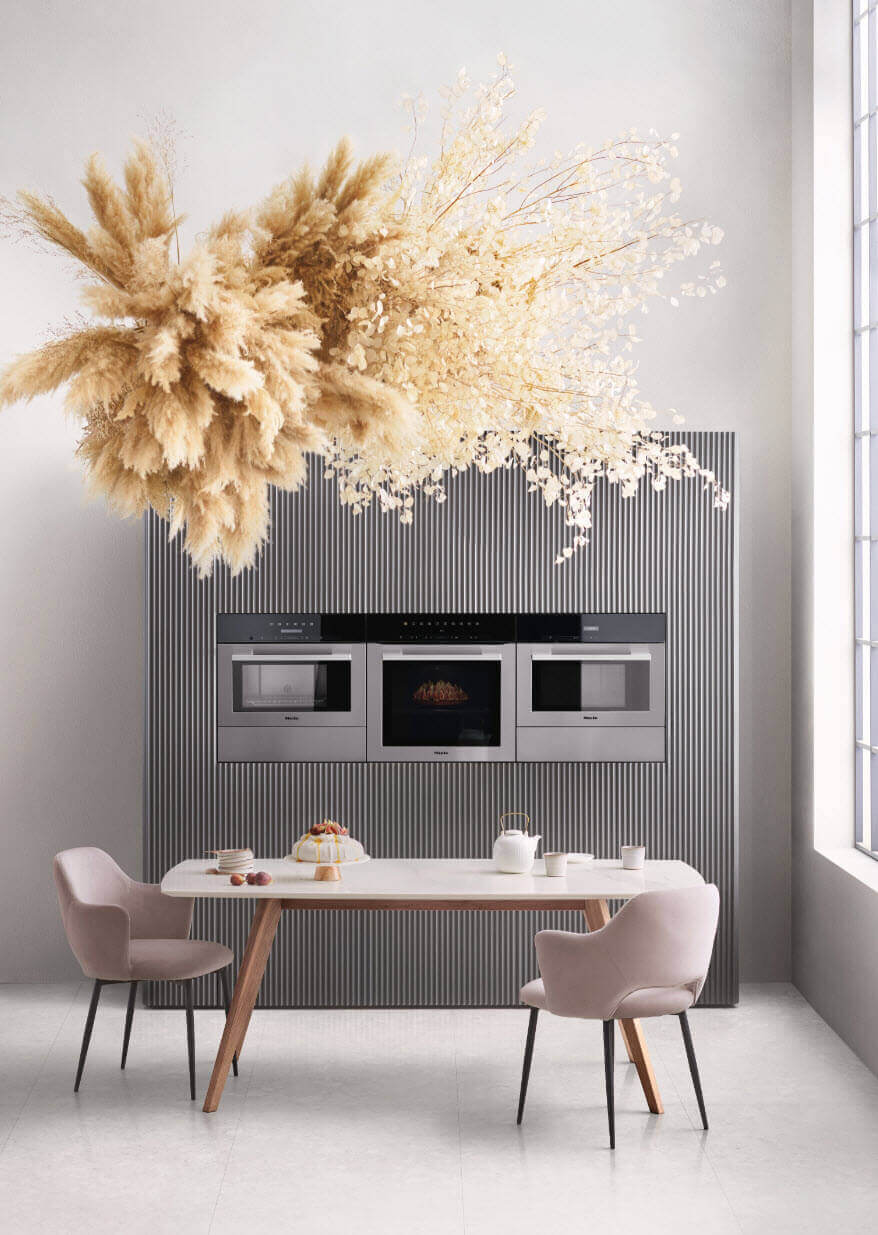Make your next drop an organic one with sustainable agriculture from Margaret River
A wine can only be as good as the grape, with the winemaker acting as caretaker to the fruit. As part of Miele’s new Stories of Sustainability series, our first attempt at a fully sustainable production, decorated chef Matt Stone travels to Cullen Wines in WA’s picturesque Margaret River region to learn about biodynamic agriculture, organic viticulture and cultivating the best drop.

With over 50 years of wine production experience, it is safe to say that Cullen Wines knows a thing or two about what it takes to create an award-winning drop.
Ever since 1971 when the Cullen Estate was established on the red ochre soils of Wilyabrup, the family’s passion for the environment was paramount. Keen not only to preserve but to contribute to the ongoing health and vitality of the land became a priority from day one, building on the 65,000 years of Wadandi sustainable land care that preceded it.
From having drains installed to planting cover crops and responsibly composting waste — the company’s shift to total organic viticulture has culminated in five biodynamic kitchen gardens, which supply over 90 percent of the fruit and vegetables in the company’s carbon positive and certified organic Dining Room.
Biodynamic viticulture and ‘soil intelligence’
For chief winemaker at Cullen Wines, Vanya Cullen, the practice of biodynamic viticulture combines the maintenance of sustainable soil fertility and recognises the link between plant growth and the rhythms of the cosmos.
This tried and tested method of farming and agriculture treats the vineyard with deep respect for the living system it is, interacting with the environment to build a thriving and biodynamic soil that nourishes the vines and produces only the finest of produce.
“The land has to be sustained to grow great wine; when you plant an introduced species you take something out of the soil, so you have to give something back.
“Biodynamics is as complex as nature, and we use animal, mineral and plant substances, applying them when the planets are favourably aligned. This microbiological life enlivens the land, the vines, the grapes and hence the wine.” — Vanya Cullen
The result? Wines that are the purest expressions of place and that minimise their impact on the environment in as many ways as possible.
Sustainability and the science of cover crops
How does Cullen Wines Estate achieve such an award-winning formula? As we found out, one important part of the equation is ‘cover crops.’
Often thought to be the cornerstone of sustainable agriculture strategy, cover crops are plants or crops that are grown mainly to benefit the soil rather than simply those to be harvested for profit. They are commonly used to improve soil fertility and water retention capacity, increase biodiversity and crop yields, manage soil erosion, and control diseases and pests.
Typically planted in the off-season and allowed to grow, often in low-moisture or drought-stricken areas like Western Australia, farmers and custodians often leave the harvested cover crop on the ground as a mulch layer.
“Cullen follows the maxim that states that great wines are made in the vineyard. The soils at Cullen are old, granite and gravelly sandy loam, overlaying lateritic subsoils. The vines are dry farmed, helping to ensure maximum fruit quality, and are both pruned and harvested by hand. Low yields enable the flavours of the grapes to develop fully.” — Cullen Wines

Read more: Benefits of cover cropping in agriculture | Wine Australia
The future of agriculture is regenerative
With the widespread modernisation of farming in the mid-20th century, many contemporary agricultural practices such as synthetic nitrogen fertilisation and monocropping have accelerated the depletion of soil carbon stocks and added significantly to the human-induced atmospheric load of N2O and CO2, i.e. greenhouse gases largely responsible for global warming.
On the other hand, regenerative agriculture is a system of beliefs and practices that centre around restoring soil carbon, thereby creating a living, growing, and self-sustaining ecosystem that is also agriculturally productive. And, according to leading online agriculture marketplace Pinduoduo, cover cropping is one of the closest things agriculture has to a ‘silver bullet’ in terms of best practices.
“Cover crops between the vines synthesise nitrogen, sequester carbon and gives us healthy soil. Carbon sequestration has been our biggest success in terms of our carbon footprint.” – Vanya Cullen
Did you know?
Cullen Wines vines were planted in 1971, 1976 and 1988 across an area of 28 hectares (70 acres). Varieties grown include: Cabernet Sauvignon; Merlot; CaberneT Franc; Malbec; Chardonnay; Sauvignon Blanc; Semillon and Chenin Blanc. Their drops are dry farmed, receiving A grade Biodynamic certification with Australian Organic Limited (formerly Biological Farmers Association (BFA) of Australia).
Creating a sustainable dish that ‘wows’ using cover crops
As chef Matt Stone discovered, one of the things that sets Cullen Wines apart is that they see their wines as coming from the heart of the land rather than the mind of the winemaker.
As the only organic, biodynamic and carbon positive winery in the region, their philosophy of quality, integrity and sustainability creates the perfect symbiosis with Miele’s Immer Besser philosophy and the Future Food System of which Stone is an integral part.

A self sustaining, zero waste, productive house that demonstrates the potential of our homes to provide shelter, produce food and generate energy, Matt Stone shares a recipe fit for the Future Food System kitchen in this deliciously sustainable Cover Crop Salsa that has to be tasted to be believed.
Showing how the multipurpose use of these crops can be an extension of anyone’s garden program, much like Vanya Cullen, Stone places a huge emphasis on seasonal and local produce with the ultimate goal of developing deeper connections with the land upon which we live.
Enjoy more of Miele’s award-winning Stories of Sustainability series featuring local operators who share the passion and intention behind their work.
And be sure to visit the Miele Experience Centre’s Recipe page for more delicious recipes from chef Matt Stone and others.




